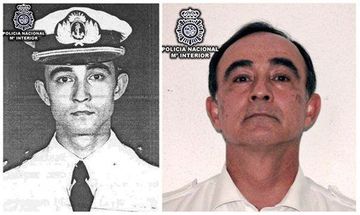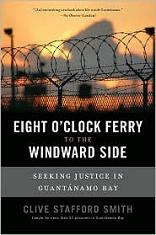Prisoners on hunger strike at Guantanamo Bay (and wasn’t that supposed to have been clsoed during Obama’s first term) are being tortured through force feeding:
I will never forget the first time they passed the feeding tube up my nose. I can’t describe how painful it is to be force-fed this way. As it was thrust in, it made me feel like throwing up. I wanted to vomit, but I couldn’t. There was agony in my chest, throat and stomach. I had never experienced such pain before. I would not wish this cruel punishment upon anyone.
I know something about what having a feeding tube put into you can feel like, even in the best of circumstances, because Sandra had to had one a couple of times during her long illnesses. She hated those things, had had bad experiences with them before to the point of suffering panic attacks just by the thought she had to have one again. Don’t forget that these are tubes that have to be shoved down your nose, through your throat into your stomach, then have to be kept in there for as long as you need feeding that way. Even when you undergo it voluntarily, knowing why you need it, it’s uncomfortable and painful at best. When it’s done involuntarily, against your wishes? That’s torture.
(Title and story from Unfogged.)

